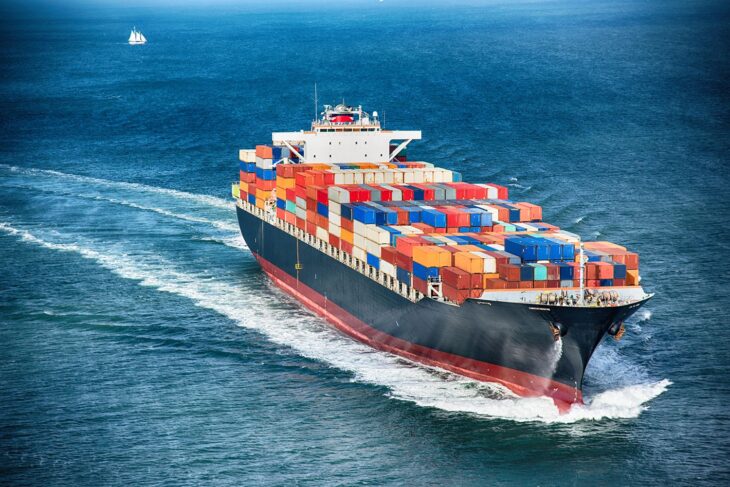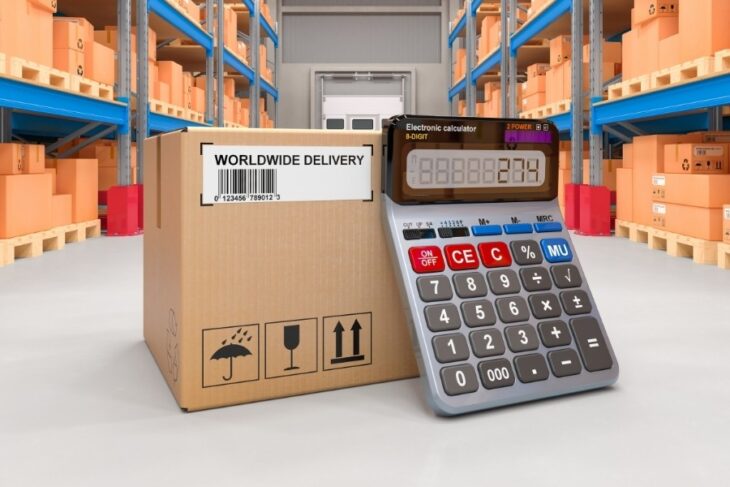Imagine how businesses used to work 5, 10 or 20 years ago. Or if you’ve been a part of that era, you don’t have to imagine – simply remember.
Thanks to the rise of modern technologies and especially the internet, it seems like everything has changed. The biggest change when it comes to almost any type of business is the fact that boundaries of all kinds have been erased.
Contents
What do we mean by this?

Source: cnbc.com
Geographical boundaries and other limits don’t exist anymore, and the world has transformed into a gigantic global marketplace. Local businesses, although they still exist and are successful; are not limited only to their geographic area, along with the customers in that area.
Not only is it possible to showcase your product or service globally, using simple marketing tools and platforms as well as making your website visible to everyone in the world; but it is easier than ever to connect with your potential customers and your loyal ones. Finally, it’s easier than ever to maintain ongoing business relationships with your clients.
This is exactly what helped hundreds of thousands of businesses around the world to find their place under the sun. And not only position themselves on the market but help them thrive and make billions of dollars in revenue.
Online businesses took over all the other types of business nowadays. Since the competition is so strong, every brand or company needs to have immaculate service. One of the most important factors of any online business is most certainly – shipping. Shipping is the most important part of an online business, but it’s not always simple to achieve meeting deadlines in a fast-paced environment. Especially if you are importing your goods.
That being said, with so many possibilities and opportunities for businesses and individuals, it was inevitable that new rules needed to be created. Especially when it comes to technicalities such as legal regulations and other essentials.
How important for a business is to import goods?

Source: thebalancesmb.com
Importing goods is a big part of running a business. In most cases, a business can’t run without importing goods. If a business imports goods and it doesn’t sell their products, it’s as good as not having a business at all. But what if there are legal problems with importing? This is one of the worst things that could happen to a business because it directly affects the revenue, reputation and overall success of a company.
Luckily, if you know enough about common mistakes you can make in the process of importing, you can do everything you can to prevent them from happening. Here are the top legal mistakes you might be making:
1. Not Consulting a Legal Professional

Source: thebalancecareers.com
Every market has its own legal regulations and rules you need to obey. This might be a problem if you are importing goods from other countries. International import and export is not something everyone is familiar with, and who is more familiar with all the challenges as well as aspects of international importing, than a legal professional? This is why it’s important to have an expert by your side, who can guide you through the whole process. Plus make sure every segment of it is aligned with laws and regulations of all the countries you’re importing goods from.
There are so many segments of the process you need to cover such as compliance with local rules, border control, licensing, interest rates, payments, potential disagreements taxes, domestic banking systems – the list can go on and on. It’s easy to get overwhelmed by the amount of things you need to cover, which is why consulting with a legal expert is always a good idea. You can find here some relevant information on this topic.
2. Not Checking if There Are Legal Restrictions When It Comes to Specific Products

Source: rosenblattlegal.com
Whether you have legal support or not, one of the first things you need to check is: if there are some legal restrictions in your country or the country you’re importing goods from. Some substances, products and materials are either banned or have to go through special processes, and you definitely want to know that beforehand.
You don’t want your goods to be confiscated and you definitely don’t want to get fined or get into legal problems, only because you didn’t do your research on this matter. You need to dive into licensing requirements when it comes to the type of goods you’re about to import. Finally, you need to make sure that you are following not only the state but federal laws as well.
3. Not Complying With Packaging Legal Regulations

Source: canny-creative.com
If you thought that you don’t have to worry about packaging when importing your goods, you are wrong. This is also something you should take care of if you don’t wanna experience legal issues. In this segment, you need to look into the laws and regulations of the country you are taking those goods from because the rules of that country apply to your goods when they’re exiting their native country.
If this doesn’t comply with the laws of both the original country and your country, you can easily experience issues and your goods might be stuck on the borders. Not to mention how expensive the transport of your imports is, especially with additional international shipment costs.
4. Having Numbers That Are Different From Reality

Source: cometdelivery.com
In rare cases, some people try to undervalue their goods, in order to pay less fees, taxes and have lower expenses, generally speaking. This is, from a legal (and all the other) aspects, something you should avoid at all costs.
Whether it’s an intentional or an unintentional mistake, it might cost you a lot, both in legal and other types of consequences. That being said, make sure to always display the accurate value of the goods you want to import, which means that you need to do research on all the tariffs (both local and international). The last thing you want the authorities to think is that you have tried to evade your duties and be a part of some fraudulent activities.
